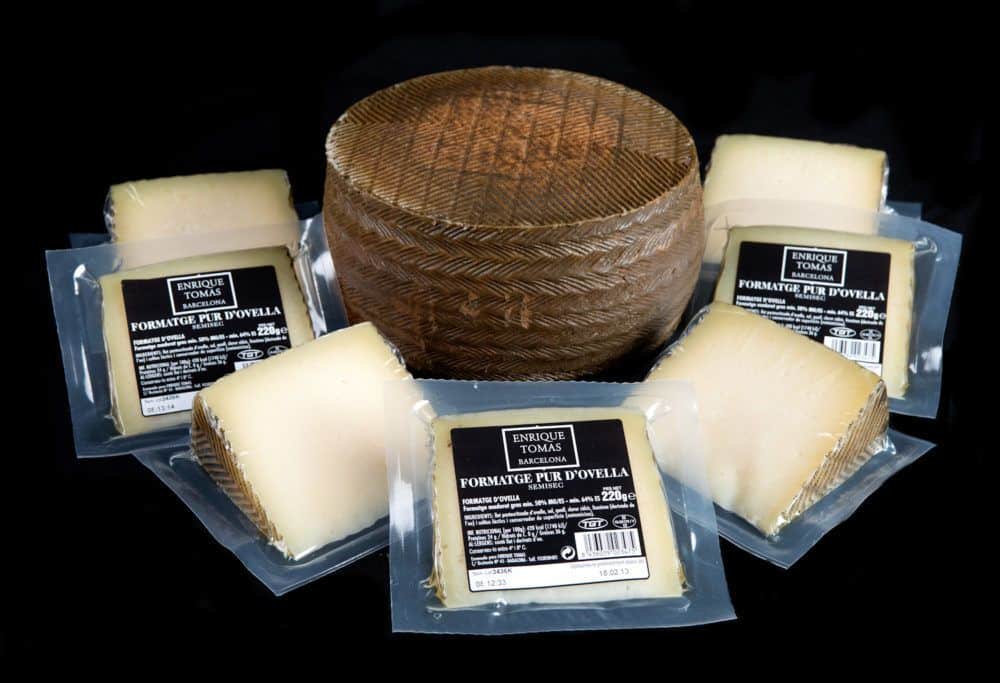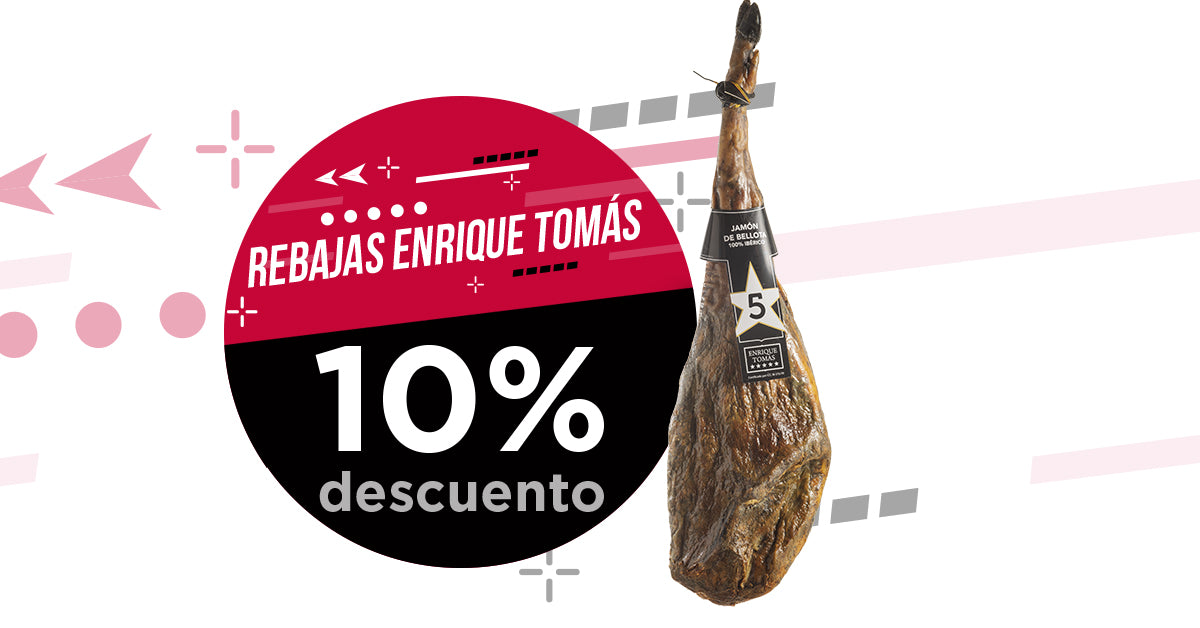
Can cheese be frozen?
Freezing is a food preservation process that extends the shelf life of ingredients, but not all food products can be preserved this way. If you're wondering whether you can freeze cheese, the answer is: it depends on the cheese.
At Enrique Tomás, we will explain which ones you can freeze and which ones you cannot. And if you can't freeze your favorite cheese, don't worry; we'll provide you with a solution to store it for later.
Let's get started!
Which Cheeses Can Be Frozen and Which Ones Can't
There are two crucial factors to consider before freezing cheese: the amount of water and fat it contains. Depending on the aging time of the cheeses, their moisture content will be higher or lower, being higher when they have been drying for less time.
We can differentiate between four categories based on their moisture and hardness: fresh, soft, semi-hard, and hard cheeses. And, considering their fat content, we can talk about: extra-fatty, fatty, semi-fatty, low-fat, and fat-free.
Cheeses with high or very low water content, such as fresh and soft cheeses with low-fat content, or, on the other end of the spectrum, hard and extra-fatty cheeses, SHOULD NOT be frozen. Freezing affects their texture, and when you thaw and consume them, you'll notice that they don't taste as good as usual.
In contrast, cheeses with moderate moisture and fat content CAN be frozen, but you shouldn't freeze entire pieces in the fridge. The advisable way to freeze some cheeses, like goat cheese or gouda, is by cutting them into wedges or grating them. Once you have your portion ready, wrap it in plastic wrap or place it in an airtight plastic bag. Remember that each piece can only be frozen once, so if you've already done it before, don't repeat it.
What Else to Know About Freezing
We've mentioned that freezing is a food preservation process that extends the shelf life of ingredients by subjecting them to sub-zero temperatures. This process turns part of the water in the food into ice.
The lower the temperature at which a food, in this case, cheese, is stored, the less likely it is for the microorganisms it contains to multiply. Therefore, it won't spoil easily. The recommended temperature for freezing products is -18°C, as below this point, bacterial proliferation is almost impossible.
However, once the cheese returns to room temperature, it will be exposed to bacteria again, so it's advisable to consume it as soon as possible after thawing.

What Other Preservation Methods Are There Besides Freezing?
Although some cheeses can be frozen, at Enrique Tomás, we recommend prolonging the life of these foods using another technique: vacuum sealing. In our stores, we have products that have undergone this preservation process because, while freezing is allowed, it is not always advisable.
Vacuum sealing involves placing the cheese in a bag and removing all the oxygen with an air pump to prevent it from coming into contact with the product. If you want to buy vacuum-sealed cheese, you don't have to worry; at Enrique Tomás, we offer both vacuum-sealed goat cheese and cured sheep cheese, among many others.
So, Can Cheese Be Frozen? As an option, it is possible, especially if it is soft. However, since there is another solution that allows you to keep it in optimal conditions without affecting its texture, our advice is to opt for this alternative.












